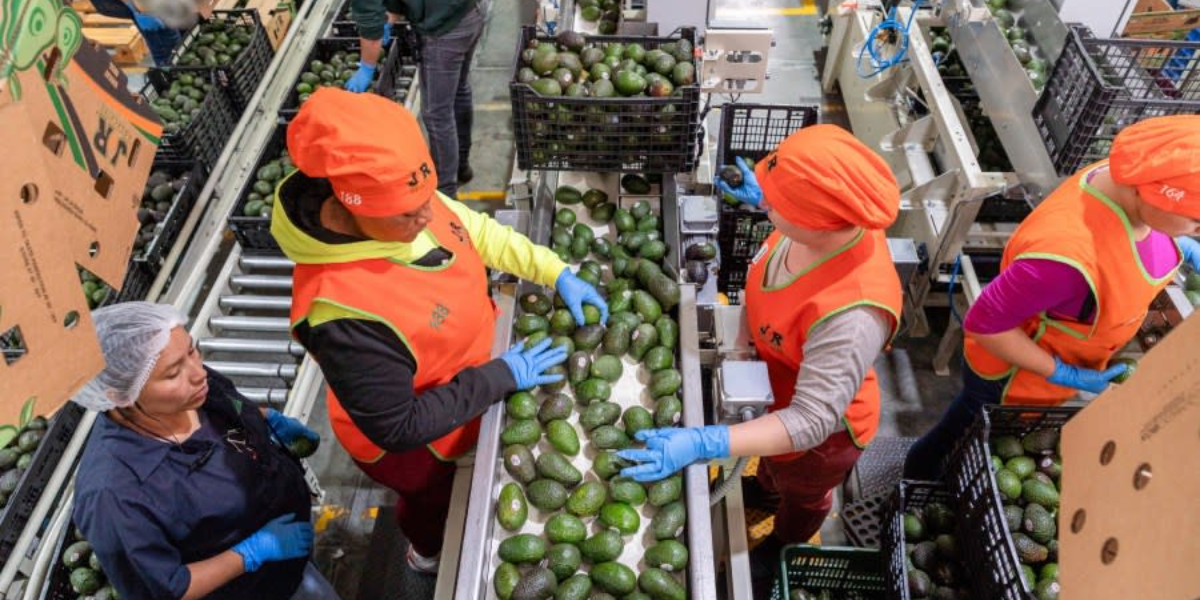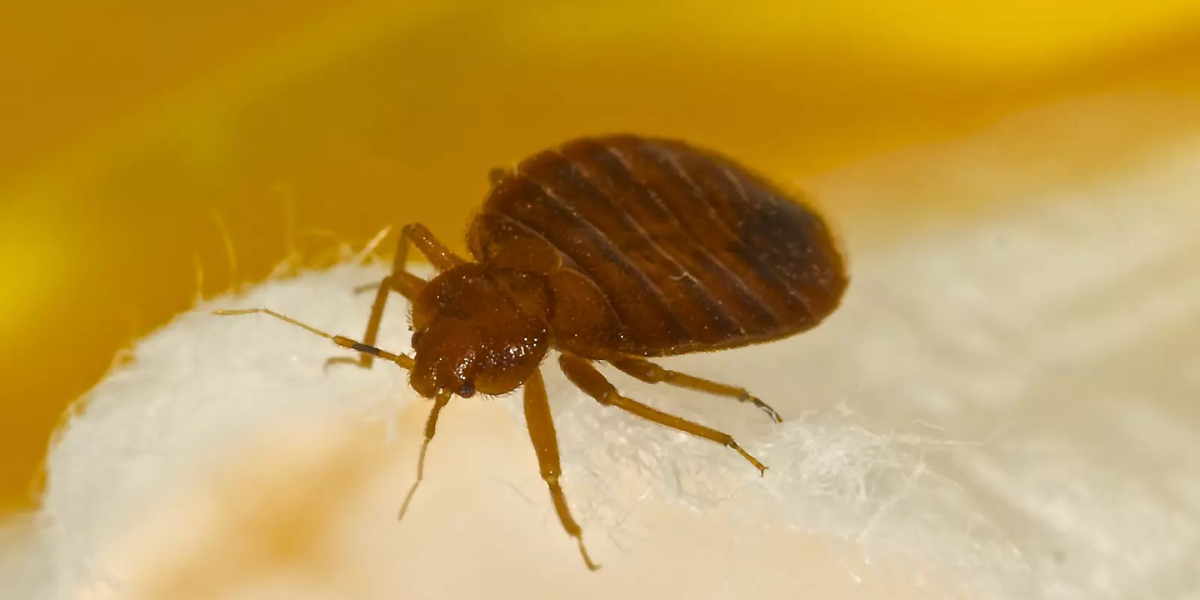California’s avocado growers are sounding the alarm over a recent decision by the U.S. Department of Agriculture (USDA) that could put the state’s lucrative avocado industry at serious risk. The move to pull USDA inspectors from Mexican avocado orchards has sparked concerns about the introduction of harmful pests into California’s orchards — pests that the state has successfully kept out for nearly three decades.
A Long-Standing Agreement Now in Jeopardy
Back in 1997, California avocado officials, alongside federal partners, reached a groundbreaking agreement with Mexico to allow fresh Hass avocados to enter the United States. This deal ended an 83-year-old ban designed to protect American orchards from invasive pests.
The USDA’s presence in Mexican orchards was a critical component, ensuring that harmful insects such as seed weevils and fruit-boring moths were kept at bay. This protective system allowed California growers to avoid costly chemical treatments, maintain export certifications, and preserve the environmental integrity of their farms.
But that system was abruptly changed in 2024 when USDA inspectors were withdrawn from Mexican packinghouses, reportedly due to concerns about cartel violence. What followed was a decision that caught California growers off guard — without warning, notification to Congress, or public explanation.
Why This Change Matters
The California Avocado Commission (CAC) describes the USDA’s removal as a “breach” of the original agreement. They warn that Mexican inspections alone cannot guarantee the same level of scrutiny and safety that USDA oversight provided.
This shift has already had tangible consequences. Since late 2024, over 150 interceptions of pests linked to Mexican avocado shipments were reported on U.S. soil — a sharp contrast to zero interceptions earlier that year when USDA inspections were still in place.
For California growers, this is deeply troubling. The state’s avocado industry, valued at around $1.5 billion and supporting more than 3,000 family farms, has thrived precisely because it has remained free from these destructive pests.
The High Stakes for California’s Avocado Growers
The pests in question are not just minor nuisances. Fruit-feeding moths and seed weevils can devastate crops, and once they establish themselves in California orchards, experts say eradication is nearly impossible.
If these insects gain a foothold, it could mean widespread crop losses, increased pesticide use, and serious economic damage to a sector that prides itself on clean and sustainable farming practices.
The CAC’s report paints a stark picture of what’s at risk: the collapse of generational farms, billions in lost revenue, and the erosion of a product that has long been a source of pride for the state.
What Needs to Be Done
To reverse this growing threat, the California Avocado Commission is urging the USDA to reinstate its inspection protocols in Mexico, especially in high-risk areas like Michoacán, the heart of Mexico’s avocado production.
They recommend sending inspectors with security details to ensure their safety and maintain rigorous oversight.
Beyond inspections, the CAC calls on federal leaders to take a firmer stance against criminal cartels interfering with food safety. They suggest that the U.S. should have the authority to halt imports if safety standards aren’t met.
More Than Just Agriculture — A National Security Concern
What began as an agricultural issue has grown into a broader concern. The CAC emphasizes that protecting California’s avocado industry is about more than economics; it’s a matter of food safety and national security.
They warn that allowing these pests into California threatens a successful, clean, and sustainable agricultural commodity that Americans rely on.
The Road Ahead
While the situation is urgent, the CAC maintains hope. They say the crisis is “still reversible” if swift action is taken to restore inspection programs and strengthen protections.
For now, California’s avocado growers and supporters are waiting — hoping that regulators will listen before the damage becomes irreversible.
What This Means for Consumers
For avocado lovers, this issue underscores how delicate our food supply chain can be. The next time you enjoy that creamy slice of California avocado, remember the unseen battles fought by farmers and inspectors to keep it safe and pest-free.
If you want to learn more or support efforts to protect California agriculture, visiting the California Avocado Commission’s website is a great place to start.
“This article was written by Mathew Owen. AI tools were used lightly for grammar and formatting, but the ideas, words, and edits are all mine.”


 by
by 

